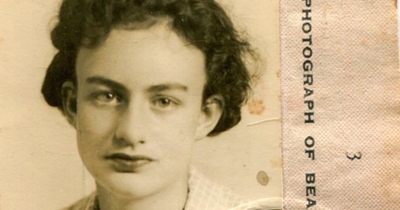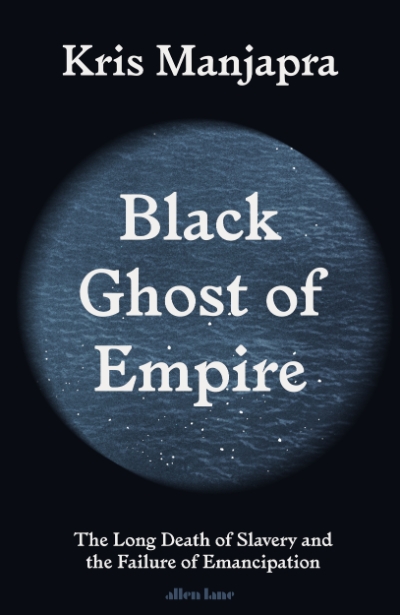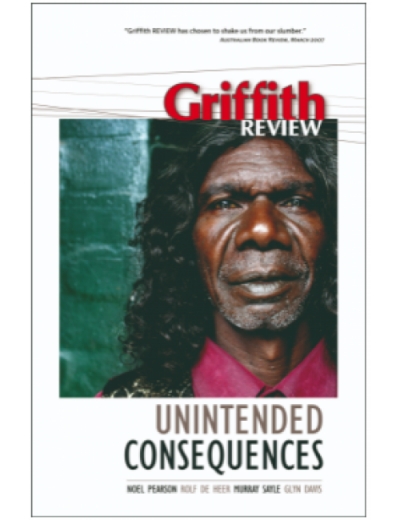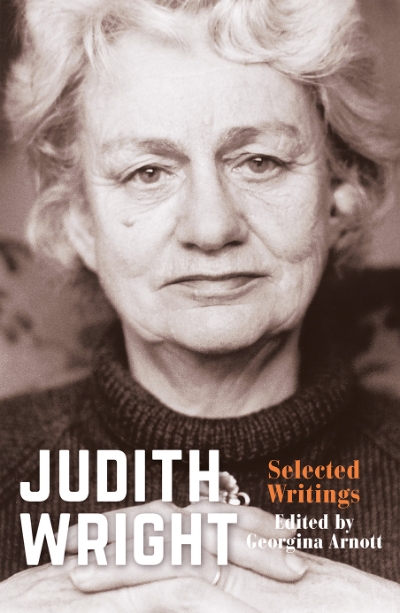Georgina Arnott
A year before her death in 2000, Judith Wright’s autobiography Half a Lifetime was published. The phrase ‘female as I was…’ peppered her stories. Miles Franklin’s Sybylla Melvyn had been a childhood idol. Wright conceded that Sybylla’s use of a stockwhip to assert power might have seemed ‘a little over the odds’. Then: ‘but if you had to?’
... (read more)This week, on the ABR podcast, we feature a special conversation between author and journalist David Marr, historian Mark McKenna and ABR’s Georgina Arnott, recorded in the middle of September 2023, one month out from the Voice referendum. The subject was David Marr’s new book, Killing for Country: A family story, which takes the reader to early nineteenth-century New South Wales and follows the bloodshed of invasion as it tracks north. Mark McKenna’s review of Killing for Country is published in the October issue of ABR.
... (read more)The Lives and Legacies of a Carceral Island: A biographical history of Wadjemup/Rottnest Island by Ann Curthoys, Shino Konishi, and Alexandra Ludewig
Black Ghost of Empire: The long death of slavery and the failure of emancipation by Kris Manjapra
Griffith Review 16 edited by Julianne Schultz & HEAT 13 edited by Ivor Indyk
The Interest: How the British establishment resisted the abolition of slavery by Michael Taylor
In 2007, Britain’s Royal Mint issued a £2 coin commemorating two hundred years since the Act for the Abolition of the Slave Trade, the zero in ‘1807’ appearing as if a broken link in a chain. While interrupting the notorious transatlantic trade, the Act did not end slavery itself – that was achieved, at least in parts of the British world, with further legislation in 1833 that outlawed enslavement in the British Caribbean, Mauritius, and the Cape of Good Hope. Emphasis on the dramatic, if illusionary, chain-breaking moment in some bicentenary celebrations extended a tradition of dwelling on Britain’s role in slave emancipation.
... (read more)









